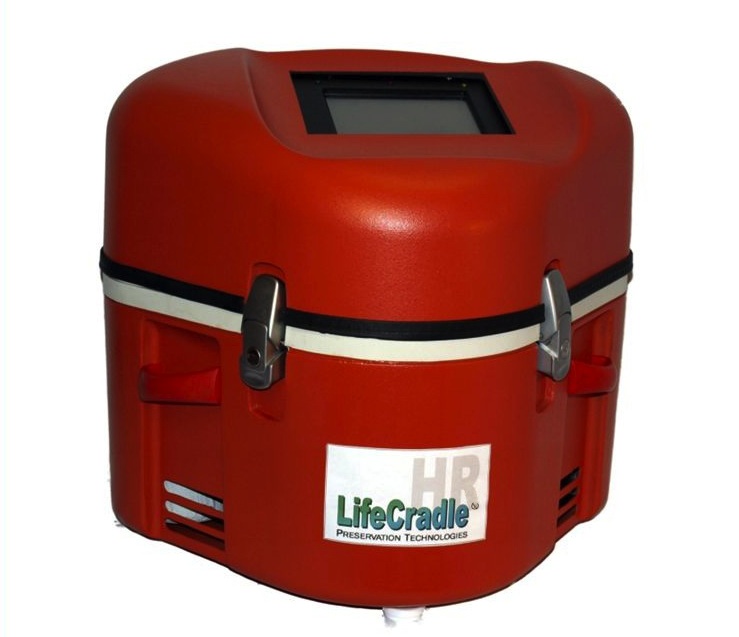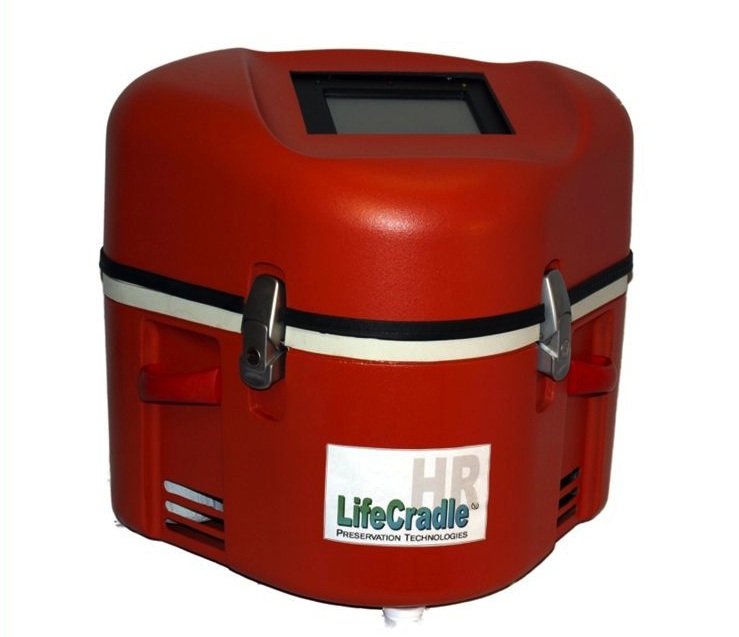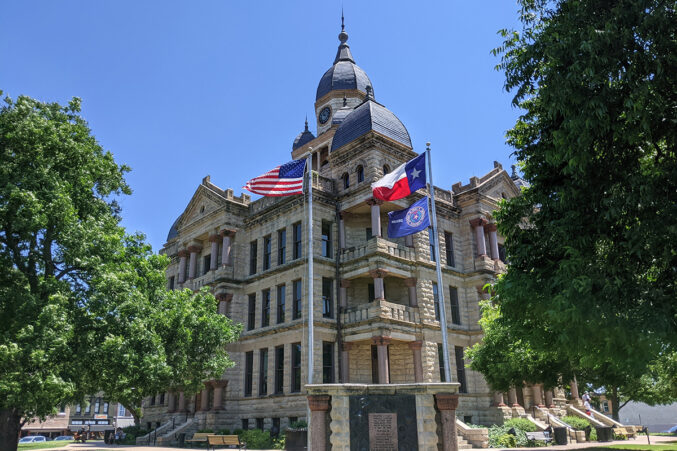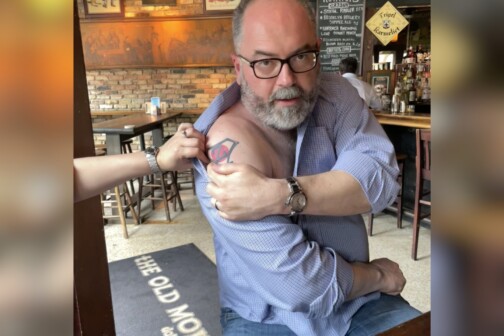
It is hard to believe that hearts, which cost more than $1 million to transplant, are still being preserved and transported in picnic coolers. Frisco-based Organ Transport Systems (OTS) wants to change that.
The company has created a device called LifeCradle, designed to extend the life of an organ and monitor its condition.
Founded in 1999, OTS has been going through the slow and arduous process of getting FDA approval for its device. The company has raised more than $12 million in venture capital and is seeking an additional $8 million to complete the regulatory process and make final improvements.
OTS has secured 13 patents to transport multiple organs, including kidneys and lungs, but has chosen to initially focus on heart transportation.
Picnic coolers limit heart preservation to about four hours. The LifeCradle extends preservation to at least 12 hours, according to OTS chief executive officer Michael Holder.
Holder said about 3 out of 4 available hearts are not transplanted. Conversely, the American Heart Association said there are about 25,000 Americans in end-stage heart failure who could benefit from a transplant. However, fewer than 1 out of 10 receive new hearts. Holder said surgeons have told him that about 1 out of 3 unused hearts could be transplanted if LifeCradle’s technology could be deployed.
Holder would not disclose LifeCradle’s price tag. However, he said the cost of the device would pay for itself four times over through savings in the transplant process.
The device circulated an oxygenated hypothermic nutrient solution in a temperature-controlled and –monitored environment to maximize the life of the heart. It weighs about 35 pounds.
UT Southwestern and Duke University are conducting research on deceased hearts using the LifeCradle. Current heart donors have beating hearts but are brain dead. Researchers are harvesting hearts from donors who are brain-dead and heart-dead for up to an hour, followed by preservation for 4 hours in the LifeCradle. Holder said initial results have been promising. If the technology is successful, Holder said it could quadruple the supply of hearts available for transplantation.
The company’s goal is to receive regulatory approval in Europe by the end of 2013, begin international sales in early 2014 and receive FDA approval by the end of 2014.
Holder estimates the annual heart transplant market for OTS would be about $150 million annually.
“The company has wonderful economic model,” he said. “But the notion of saving lives and improving implantation is what we’re passionate about.”
Steve Jacob is editor of D Healthcare Daily and author of the new book Health Care in 2020: Where Uncertain Reform, Bad Habits, Too Few Doctors and Skyrocketing Costs Are Taking Us. He can be reached at [email protected].






